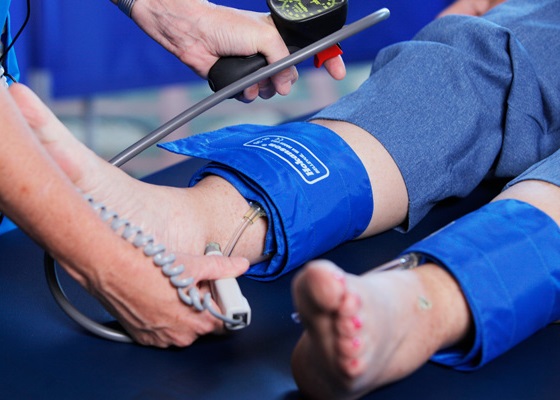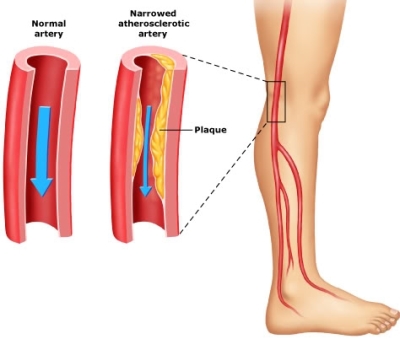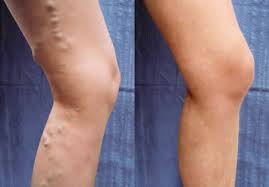Welcome to the Premier Center for Vascular Healthcare
Coastal Vascular Specialists is the first and most advanced FREE-STANDING Interventional Vascular office in the Tampa Bay area. We offer a full range of diagnostic and minimally invasive outpatient procedures and is wholly owned and staffed by Board Certified and Fellowship Trained Radiologist, Dr. Gerald Niedzwiecki M.D. Freestanding Office Based Intervention in an outpatient setting is Safe, Effective & LESS COSTLY for patients.
- No Overnight Stays – Patients will return to the comfort of their own homes the same day of procedures
- Less Costly – The services that Dr. Jerry provides are much less expensive than the same procedures done in a hospital setting and provides a real financial savings. This could make a difference in hundreds of dollars for personal medical expenses from co-pays and deductibles
- State-Of-The-Art Equipment – The interventional suite at Coastal Vascular Specialists has equipment which is more advanced than most hospitals in the Tampa area and is a national show site for General Electric Corporation
- Special Care and Patient Education – Patients receive extensive education from the medical staff to learn more about themselves and medical conditions
- Highly Qualified Physicians – Dr Jerry is the present Chairman of the Economics Committee SIR and has been providing a major role in training standards for physicians performing Interventional Radiology
- Less likely to become ill from infectious disease – HAIs: Hospital-Acquired (Nosocomial) Infections. Read more
Patients should see Dr. Jerry, a Vascular Specialist for less invasive and less costly options.
An Vascular Specialist provides procedures that may help patients avoid a higher risk surgery and lengthy recovery times.
Contact us for a consultation at 727-475-4039 to see if you have the option for minimally invasive treatment opposed to surgery. We are open from 7 a.m-5 p.m.
Diagnostic Testing
The blood pressure in your arms and ankles is checked using a regular blood pressure cuff and a special ultrasound stethoscope called a Doppler. The pressure in your foot is compared to the pressure in your arm to determine how well your blood is flowing and whether further tests are needed.
Peripheral Arterial Disease
Hardening of the Arteries Is a Red Flag for Vascular Disease, Including Heart Attack and Stroke
Peripheral artery disease (PAD), also known as peripheral vascular disease (PVD), is a very common condition affecting 20 percent of Americans age 65 and older.
Varicose Veins
Varicose veins are twisted, enlarged veins near the surface of the skin. They are most common in the legs and ankles. They usually aren’t serious, but they can sometimes lead to other problems.



